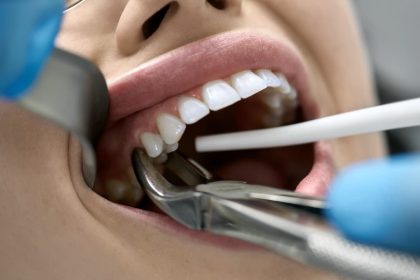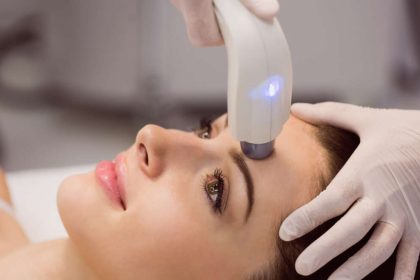Particularly for teenagers still developing emotional and mental resilience, obsessive-compulsive disorder (OCD) can be a crippling affliction. Teens with severe OCD often battle with intrusive thoughts, obsessive habits, and emotional pain that can disrupt their everyday life, relationships, and academic achievement. Residential treatment provides a disciplined, supportive setting for these teenagers meant to help them properly control their symptoms. Given their thorough therapy and continuous monitoring, these specialist programs create the perfect environment for healing. If you are looking for specialized treatment, think about looking at possibilities that include adolescent treatment in Phoenix for the correct direction and tools.
Comprehensive Therapy within a Structured Environment
Residential treatment facilities provide teenagers with a complete method for addressing extreme obsessive-compulsive behavior. These clinics offer individualized treatment plans, including several therapeutic approaches, including Cognitive Behavioral Therapy (CBT) and Exposure and Response Prevention (ERP), together with round-the-clock care. These treatments have shown quite a bit of success in treating the obsessive thoughts and compulsions connected with obsessive behavior. Teenagers working through their difficulties feel comfortable and supported in a structured atmosphere.
Concentrated Attention and Steady Support
Constant access to mental health doctors specialized in OCD is one of the key benefits of residential treatment for teenagers with this condition. Individualized attention given to teenagers enables them to advance at their own speed. Trained to recognize the particular challenges of teenagers, the staff members in these programs provide both sympathetic and pragmatic help. Effective treatment depends on this continual attention.

Safe Haven for Healing and Emotional Development
Teens with extreme OCD can feel alone or misinterpreted by their family members and peers. A residential treatment center offers a safe, nonjudging environment free from distractions so people may concentrate on their mental health. Surrounded by people experiencing similar difficulties will make them feel less alone, therefore promoting a feeling of community and emotional development.
Access to Activities and Specialized Resources
Residential treatment facilities also provide a variety of specific tools meant to assist teenagers in controlling their OCD symptoms. Group therapy, leisure activities, and instructional courses meant to increase self-esteem and enhance coping mechanisms are among the tools these materials frequently incorporate. Teens can engage in these activities in a supportive environment that promotes both personal growth and social connection at a facility like adolescent treatment in Phoenix.





